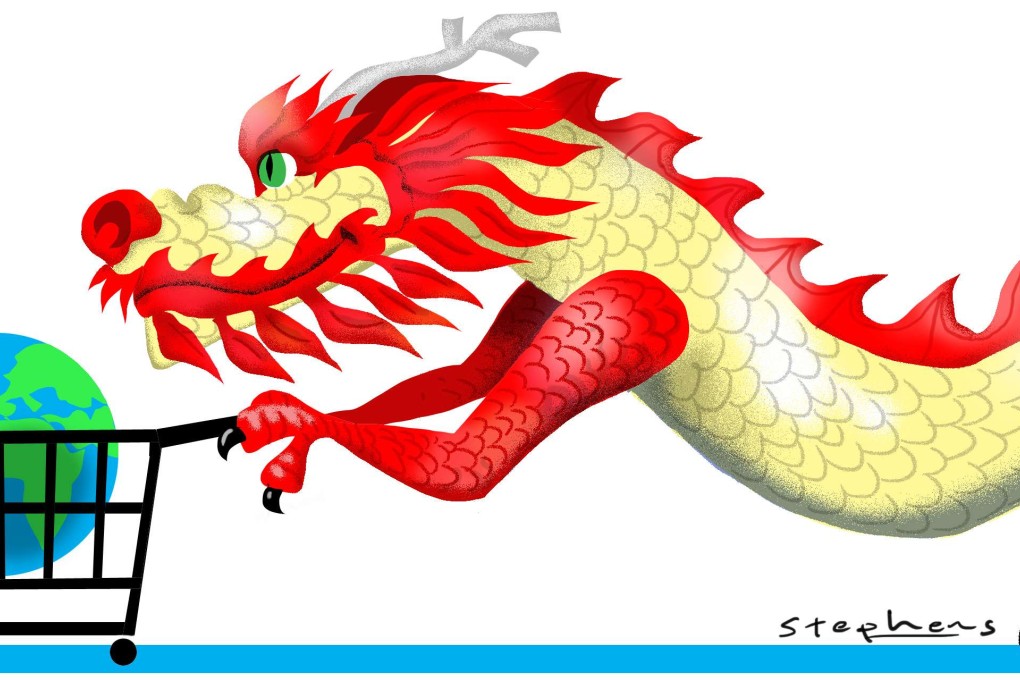How China’s digital push is changing the face of the economy
Helen Wong applauds its resolve to extend the e-commerce successes of its private companies to the state sector and the wider economy, which will provide it with a new growth engine


China’s policymakers have promoted their policy of “Internet Plus” to spearhead economic reform and foster the development of a consumption-led economy over the export-led growth of the past. The country’s shoppers, already among the most internet savvy in the world, are using new shopping and payment gateways via WeChat, Alibaba and Taobao. This is levelling the playing field for suppliers, who now meet buyers online in an e-commerce market that has been growing rapidly.
READ MORE: China’s Alibaba, Baidu and Tencent join hands to promote ‘Internet Plus’ strategy
For decades, China’s economic expansion was powered by low-value-added manufacturing – cheap toys, shoes and textiles were “Made in China” and exported to the rest of the world. Those days are increasingly fading, and the focus now is on making the country’s giant economy more productive, innovative and market-oriented.
Chinese consumers have adopted the digital world with lightning speed. Just a decade ago, there were fewer than 100 million internet users in mainland China, and the penetration rate was just 7 per cent. Now, the penetration rate has reached nearly 50 per cent, with some 667 million internet users as of June 2015. These consumers are highly connected, mobile, digitally savvy and globally minded.
READ MORE: Is China’s new ‘internet plus’ ambition all about new smartphones?

